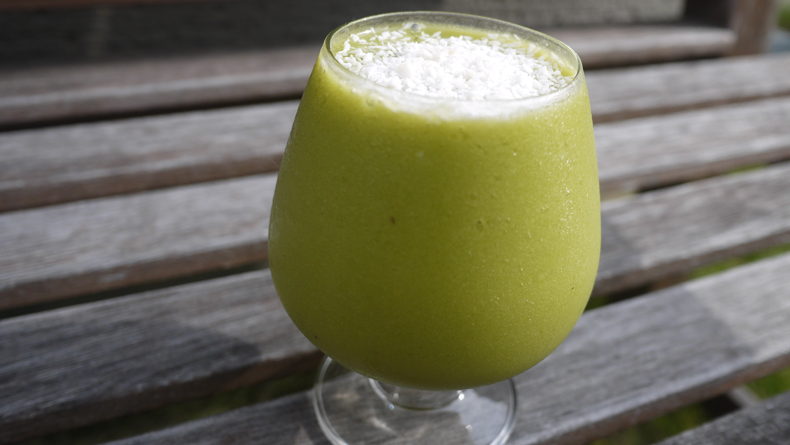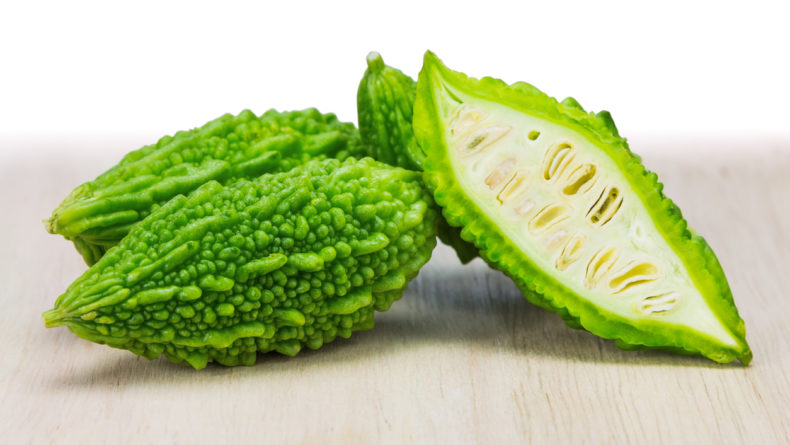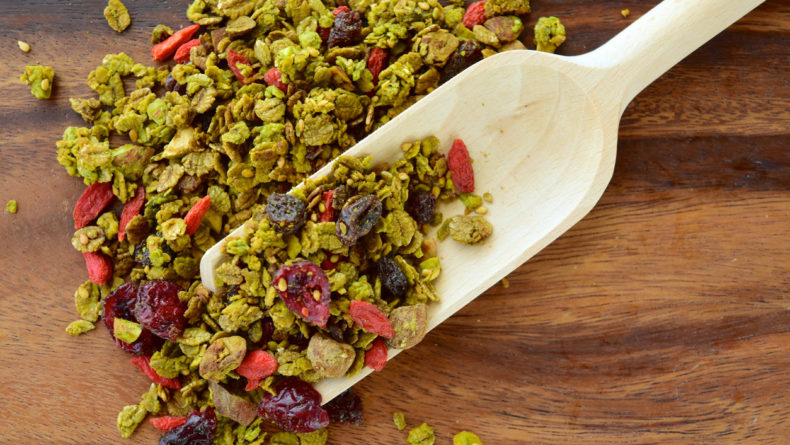Matcha: The Natural Mental and Medical Remedy We Should All Be Drinking
There is a reason why this is Japan's most treasured kind of green tea
One matcha cup a day may keep the doctor away.
“Tea is the ultimate mental and medical remedy and has the ability to make one’s life more full and complete.”
These are the famous words of Eisai, the influential Japanese monk known for introducing green tea from China to Japan in the early 12th century. Nine centuries on and we’re still continuously surprised by the numerous health benefits this magical powder has and the many creative ways we can incorporate it in our lives. It is a superfood that Japan prides itself for a reason.
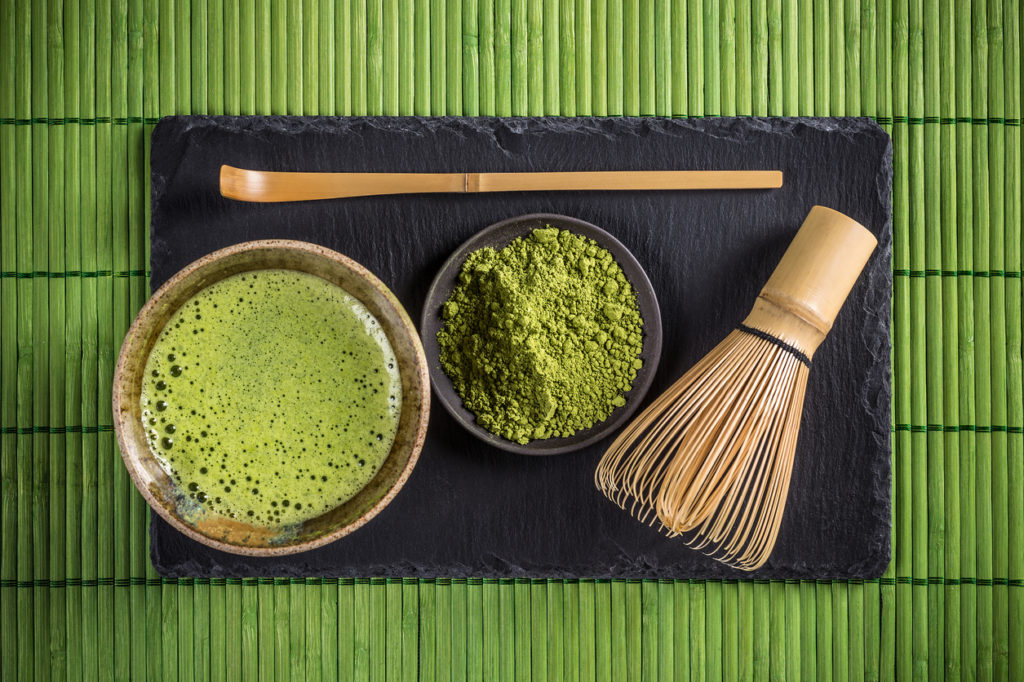
More sophisticated than just “green tea”
Matcha — not to be confused with regular green tea — is a type of green tea that uses very carefully selected (and treated) young tea leaves that are ground into a bright green powder. The powder is then whisked with hot water, producing a usually very dense and often bitter taste. Unlike matcha, the regular green tea (the one you can find at your local konvini) uses tea leaves that have been infused in water and then removed. In other words, matcha preserves all its natural components, producing a highly concentrated cup of health benefits you need.
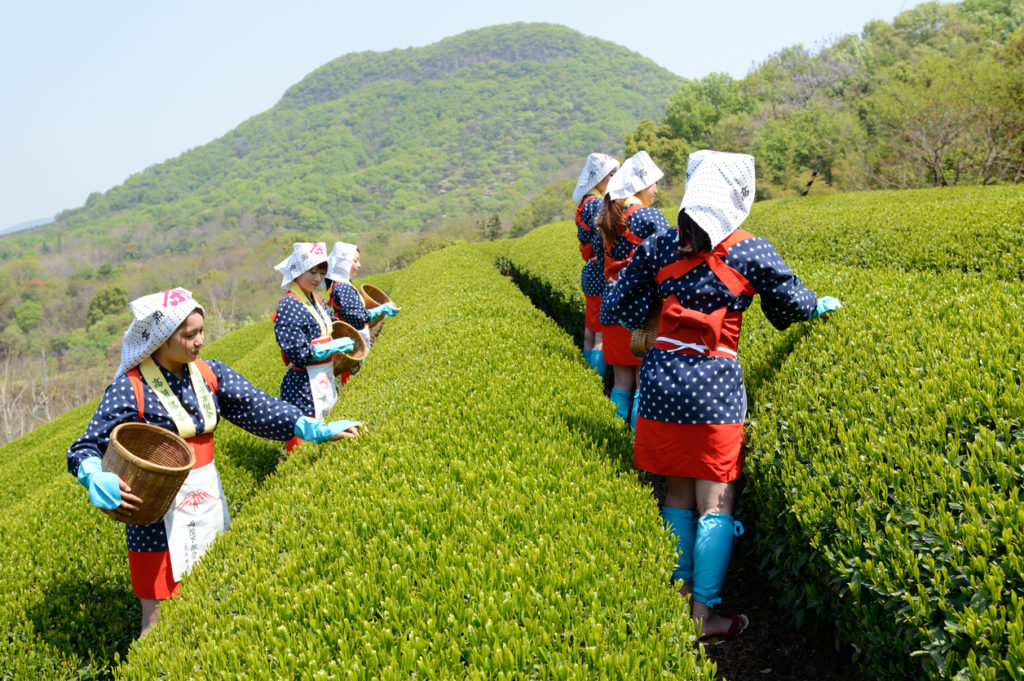
Matcha, as everyone who has been exposed to Japanese culture in one way or another, has been used in traditional tea ceremonies and in the Zen school in Japan for hundreds of years. The meticulous approach, the precision invested in a single cup of matcha is only one factor in understanding its cultural importance.
Having just one glass of matcha is the equivalent in nutritional and antioxidant value to drinking 10 cups of green tea.
As only the highest quality green tea leaves are used to make matcha, Japan exports only somewhere around one to two percent of its total production due to the high domestic demand. You will easily recognize the authenticity of matcha powder by its price — if it’s cheap, it probably isn’t the drink you’re looking for.
Why is it good for you?
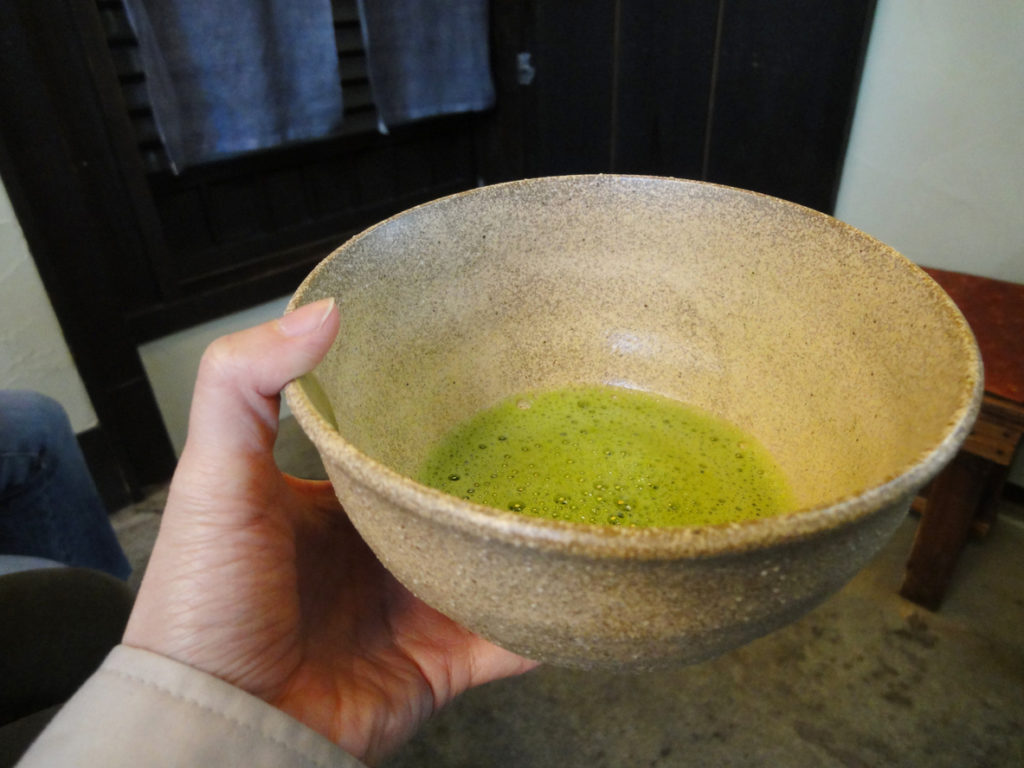
Matcha is cultivated in extremely special conditions using only the highest quality leaves. The leaves are hand-picked, the stems and veins are removed and later grown on special bushes. These bushes are typically kept under shade, which increases the amount of chlorophyll, which therefore boosts its nutrients. As a result, having just one glass of matcha is the equivalent in nutritional and antioxidant value to drinking 10 cups of green tea.
View this post on Instagram
An antioxidants elixir
Matcha is packed with antioxidants called catechins, which are the key to anti-aging, while also being anti-inflammatory and helpful in fighting chronic diseases. Among its many antioxidants, matcha also contains high quantity of EGCG, which is known for its powerful anti-carcinogenic properties. Matcha has 137 times more of this antioxidant than regular green tea.
A stress-reliever and concentration booster
L-theanine is an amino acid that promotes relaxation and decreases stress, but at the same time can also aid with alertness and memory. It is said that Zen monks used to drink matcha to keep them alert but relaxed throughout their long sitting meditations.
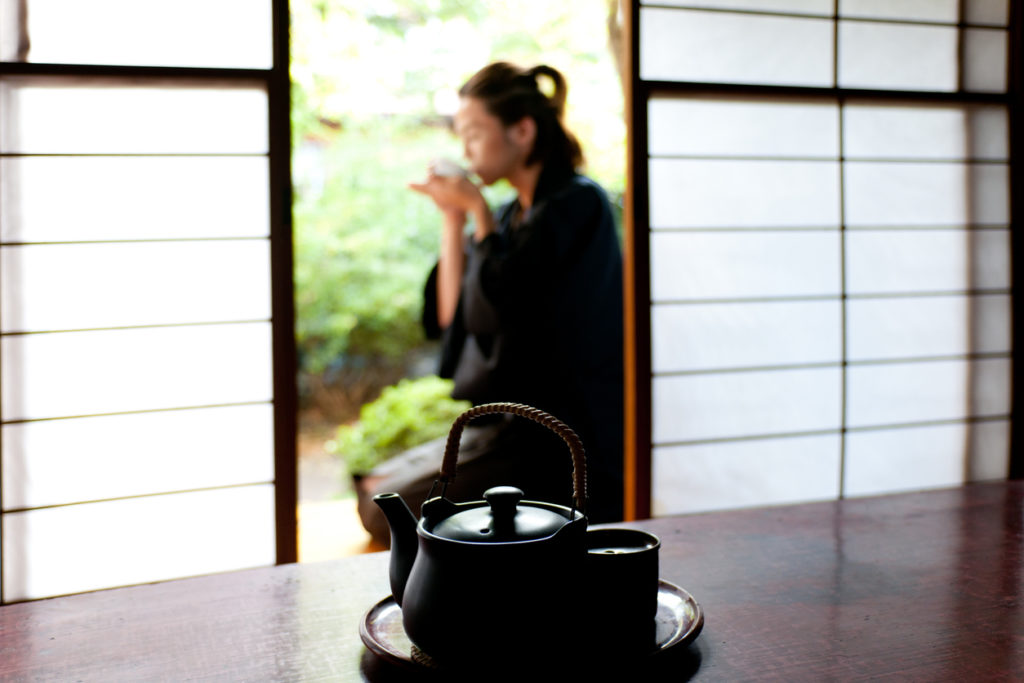
Research shows that L-theanine can also raise levels of serotonin (happy hormone) and dopamine (pleasure hormone), and although all teas contain this quality, matcha contains five times the amount found in regular green and black teas. Although matcha contains caffeine (one serving matcha contains 35 milligrams, while one shot of espresso has approximately 75 milligrams), the L-theanine balances out the body’s response to the caffeine, so you are gaining alertness and sustained energy without the potential coffee jitters.
The ultimate detoxifier
Chlorophyll is the naturally occurring compound in plants that gives them their juicy green goodness. Growing matcha tea leaves in the shade results in a higher concentration of chlorophyll in the plant, hence the gorgeous emerald color of the tea. Chlorophyll is a potent detoxifier, as it binds to heavy metals and toxins in the body to clean and purify the blood. It is also highly alkalizing, so helps balance pH levels in the body. This could be one of the reasons why sushi restaurants offer powdered tea at the table — to aid with mercury detoxification.
Zen monks used to drink matcha to keep them alert but relaxed throughout their long sitting meditations.
In addition, matcha is also reported to have benefits in increased metabolism (a.k.a. fat burning, weight loss), boosted energy and endurance, lower blood pressure, lower bad cholesterol, balanced insulin levels and more beautiful skin. However, rather than being based on scientific research proofs, these studies are most commonly based on population surveys and experiments, thus more research is needed to back the data. Nevertheless, it is clear that one matcha cup a day will take you a long way.
How to use it
Traditionally matcha powder is used to make matcha tea, which tastes similar to a very strong brewed green tea. Nowadays, you can find matcha in plenty of things including baked goods, ice creams, candy bars and chocolates, matcha lattes, and whipped drinks, but please don’t think you’re doing great things for your body by consuming matcha in these things! The best way to consume matcha is in its original tea form with just hot water and in moderate quantity — see the video below on how to make your own cup of matcha at home.
Where to find the highest quality matcha
Japan has the best quality matcha and you can easily find some basic products even at your local supermarket. However, if you’re after the real thing, it is recommended to look for products from Shizuoka and Kyoto, the two matcha meccas in Japan. Brands such as Tsujiri, Marukyu-Koyamaen, Ippodo Tea and Yamamasa Koyamaen are well-established brands with years of history offering the finest matcha products. More recently, Material Matcha Uji, a Kyoto-based company founded by two French men whose love for matcha is profound, is also a good recommendation. Their hip products are continuously contributing to the modernization of matcha and its popularity spread overseas.
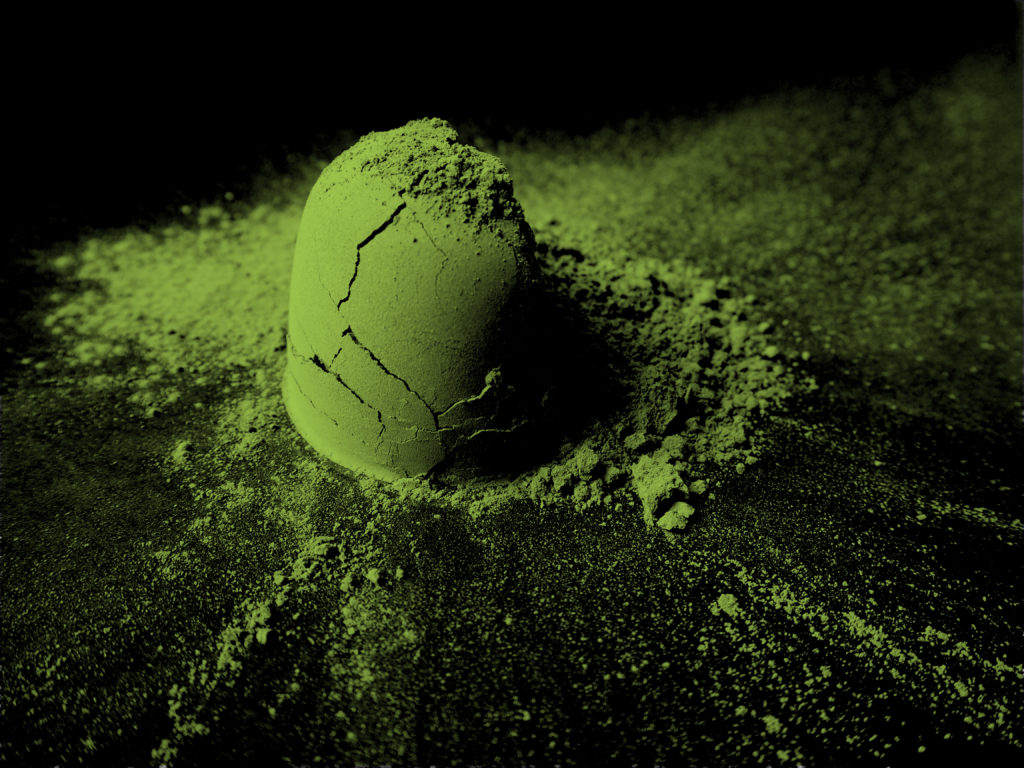 © Photo by Material Matcha Uji 宇治
© Photo by Material Matcha Uji 宇治
For an authentic taste of matcha in Tokyo (and splendid scenery), head to Nakajima No Ochaya in the Hama-rikyu Gardens, Kyu-Iwasaki-tei Garden in Ueno, Yamamoto-tei in Shibamata, Engawa cafe near Takenotsuka station and Omotesandousabou in Minamiaoyama.
Recipe: Tropical Matcha Smoothie
If you want to mix it up and try something a little cooler and refreshing, here’s a quick and delicious smoothie recipe.
What You Need
- ½ cup fresh or frozen mango
- ½ frozen banana
- 200–250 milliliters of coconut water (depending on how thick you like it)
- ½ teaspoon good quality matcha powder
- 1-2 tablespoons coconut milk (optional)
What to Do
Pop all ingredients into a blender and whiz until smooth. This makes a perfect breakfast to kickstart your day!
Have a great matcha time!
This article is originally published in 2014 and updated with the latest information on September 21, 2018.

